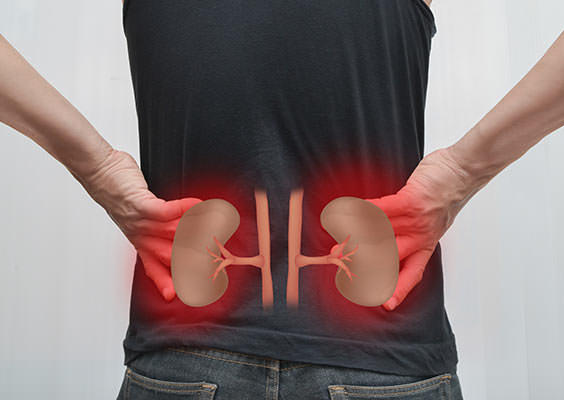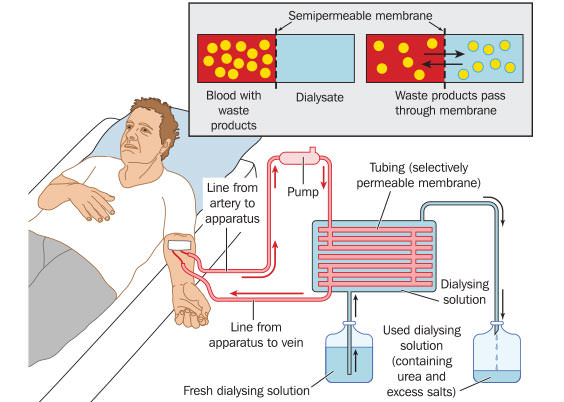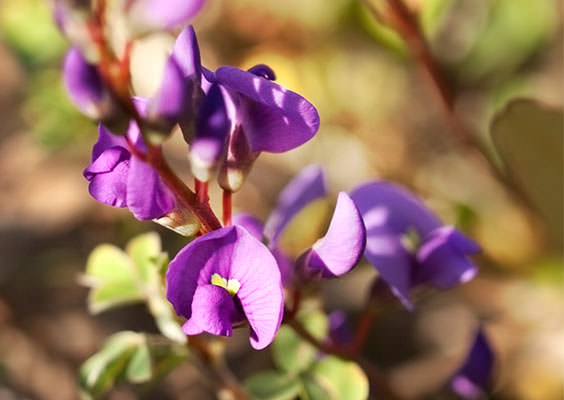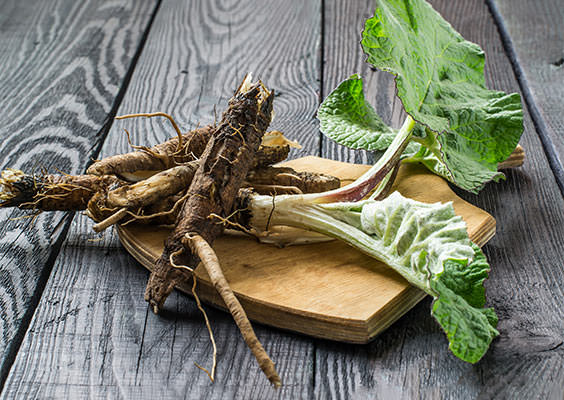There&
#8217;s something you should know about chronic kidney disease.Most doctors will tell you there is no alternative treatments for kidney problems besides costly dialysis or a transplant to deal with impaired renal function.
What Is Kidney Failure?
Kidney dialysis is a treatment that uses a special machine to filter harmful wastes, salt and excess from your blood.
But there is another option. It’s called stem cell biotherapy, and it offers new hope to those with this life-threatening disease.

You may think your kidneys are just fine and you have nothing to worry about. But consider this…
What Causes Kidney Failure?
High blood pressure is the most common cause of kidney failure.
And that’s not the only risk factor for chronic kidney disease. There’s also high cholesterol, diabetes, smoking, obesity and turning 65 years old.
Who’s Affected by Chronic Kidney Disease?
In fact, chronic kidney disease affects one in seven adult Americans.1

Conventional advice says the only options are dialysis or a transplant. But I help my patients avoid and treat kidney disease in a much more natural fashion.
How Does Dialysis Work?

Dialysis requires you to be hooked up to a machine three times a week for four hours per session. The annual cost for this treatment is about $80,000 per patient and rising.
The total amount of private and public funds spent on the procedure is staggering. A University of Virginia study found that Medicare alone spends $50 billion on treating chronic kidney disease and $31 billion treating kidney failure.2
What Is The Cost Of A Kidney Transplant?

A single kidney transplant can cost upwards of a quarter of a million dollars. Plus, it usually takes years to find an available donor match.
A Natural Alternative To Dialysis
Stem cells in your bone marrow called “mesenchymal stem cells” are your body’s natural defense against kidney damage. These stem cells protect your kidneys from injury and accelerate healing.
With stem cell biotherapy, patients receive extracted stem cells — along with proteins called “growth factors” — through an IV.
What Are Human Growth Factors?
Human growth factors are natural substances that send signals to activate the production of new cells. This special signaling mechanism is what triggers the amazing healing power of stem cells.
The use of stem cells to treat kidney disease is just one of the many protocols I am researching.
The scope of the research includes breakthrough treatments for diabetes, Alzheimer’s and Parkinson’s diseases, cancer, heart disease, erectile dysfunction, rheumatoid arthritis, Lou Gehrig’s disease (ALS) and Multiple Sclerosis — to name just a few.
The goal is to help hasten the day when stem cell therapy will be used universally to cure all chronic diseases.
In the meantime, there are several things you can do to…
Lower Your Risk Factors And Prevent Chronic Kidney Disease:3
- Have your blood and urine checked for kidney disease regularly.
- Keep your blood pressure at a stabilized level. For most of my patients, the blood pressure target is less than 140/90 mm Hg.
- If you have diabetes, control your blood glucose level. The normal blood sugar range for diabetics is between 70 and 130 mg/dL before meals and less than 180 mg/dL a few hours after you began eating. Use a blood sugar monitor to check your blood glucose level and adjust your diet if necessary.
- Eat plenty of protein and calcium-enriched foods. That includes lean poultry and grass-fed meats, organic fruits and vegetables and whole organic dairy.
- Limit your alcohol intake. If you smoke, quit. Smoking can make kidney damage worse.
- Get moving and shed some pounds if you are overweight. My PACE program is an excellent way to burn fat while also strengthening your heart and lungs.
In addition to these steps, I recommend detoxifying a couple of times a year.
Over the last 100 years, our environment has become filled with man-made chemicals, toxins and pollutants. The U.S. Centers for Disease Control and Prevention (CDC) looked at around 2,400 people and found 215 toxic compounds in their urine and blood.4
These toxins are the root cause of many of our modern epidemics including cancer, Alzheimer’s disease, diabetes and — yes — kidney disease.
You’ll find plenty of detoxification kits — or “detox in a box” — at pharmacies and health-food stores. But there is little, if any, scientific evidence that any of these quick fixes work. Instead, you’re better off using natural detoxification methods that are safe and reliable.
Herbs For Kidney Health
Natural herbs can help clear toxins from your bloodstream, restore liver function and help flush out your kidneys.
Here’s a list of herbal products that work well:
Milk Thistle – Look for dried extract with a minimum of 80% silymarin — the liver-cleaning active ingredient. I recommend 200 mg in capsule form twice a day, preferably half an hour before a meal.

Alfalfa – This herb has been known to lower cholesterol in lab animals.5 It’s a good source of protein, vitamins A, D, E, B-6 and K, calcium, magnesium, iron, potassium, trace minerals and digestive enzymes. You can add dried alfalfa leaves or seeds to your tea or smoothies. You can also supplement with one or two capsules per day.

Dandelion – This root stimulates bile and acts as a diuretic for excess water. Asians use it to treat hepatitis, jaundice, swelling of the liver, and deficient bile secretion. Use 4-10 grams of the dried leaf or 4 to 10 milliliters of fluid extract daily. Boil leaves for 5-10 minutes to prepare as a tea.

Sarsaparilla – This is one of my favorite teas. It tastes great and acts as an effective blood detox. Native Americans have used it as a restorative tonic for centuries. Use 1-4 grams of the dried root, 2 to 3 teaspoons liquid extract, or 250 mg of solid extract per day.

Burdock Root – This ancient remedy is a diuretic and a diaphoretic. It increases urine and perspiration production by exercising and strengthening these natural purging systems. Use 2-6 g of dried root in decoction (liquid made by boiling down the herb in water), or 2-6 ml of fluid extract three times a day, or 1-2 grams in capsule form three times per day.

To Your Good Health,
![]()
Al Sears, MD, CNS
1. Rajiv S, et al. U.S. Renal Data System 2015 Annual Data Report. Epidemiology of Kidney Disease in the United States. American Journal of Kidney Disease 2016; 67(3): A7, doi: 10.1053/j.ajkd 2015. 12.014
2. Ibid.
3. Keep Your Kidneys Healthy. National Institute of Diabetes and Digestive and Kidney Diseases. September 17, 2014.
4. “Fourth National Report on Human Exposure to Environmental Chemicals,” U.S. CDC 2009
5. Yinghua Shi, et al. The regulation of alfalfa saponin extract on key genes involved in hepatic cholesterol metabolism in hyperlipidemic rats. PLoS One. 2014; 9(2):e88282.
